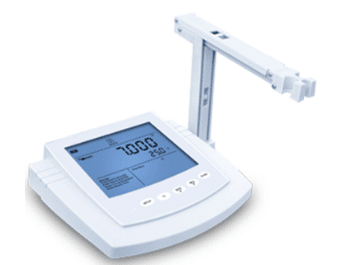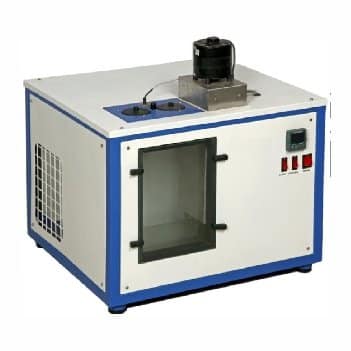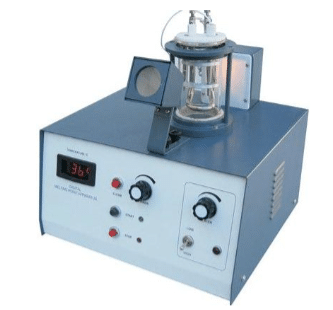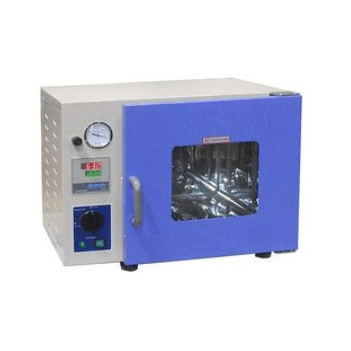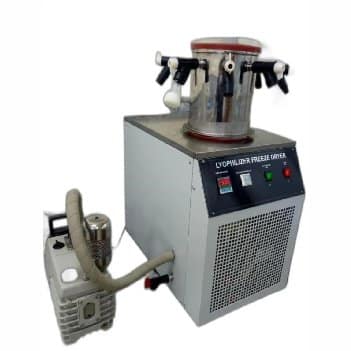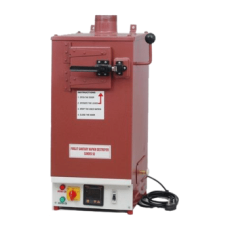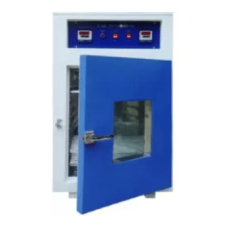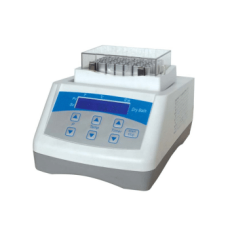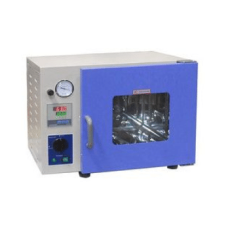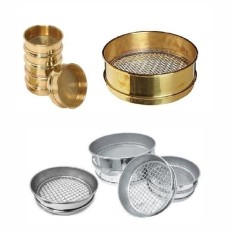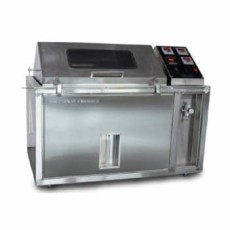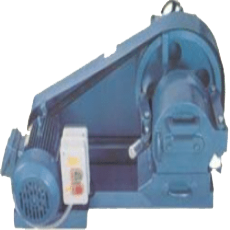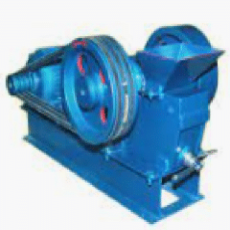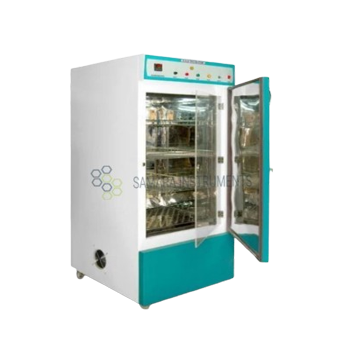
Bod Incubator
BOD (Biological Oxygen Demand) incubators: Make the Most of working potential of you Laboratory with Our Top Notch BOD Incubators Read more
Bod Incubator Manufacturer: Functions, Applications,Features
BOD (Biological Oxygen Demand) incubators: Make the Most of working potential of you Laboratory with Our Top Notch BOD Incubators
BOD incubators are vital equipment in many research and commercial implementations, offering a regulated space for microorganism propagation.
At our company, we provide a wide variety of high tech BOD incubators manufactured to fulfill the demanding standards of present day high tech laboratories.
Why You Must Buy BOD Incubators from Samara Instruments?
- Precise Regulation of Temperature: Our BOD incubators provide you high tech features in temperature regulation, our system is built to make sure that you have optimum conditions for the growth of microorganisms.
- Stability: The internal space of the incubators we made, are manufactured to offer you a uniform distribution of the temperature in the whole space, this is especially done to prevent the non-uniformity that can hamper the final results of the experiment.
- Longevity: Manufactured to last longer, our BOD incubators are manufactured with the top quality elements and substances so that they remain dependable for a long time.
- Energy Efficiency: Our system configuration is manufactured to support you in reduction of functional costs while sustaining accurate temperature control.
- Personalization: We provide plenty of options and also we will always be ready to modify the product as per your needs and requirements which fits perfectly for your functionality.
Implementations of BOD Incubators:
BOD incubators are largely utilized in a many different fields, which includes:
- Ecological Studies: Calculation of BOD( which stands for Biochemical Oxygen Demand) in sewage water and other and various other types of specimens.
- Microbial science: Nurturing microorganisms for the purpose of scientific research and examination.
- Food safety: Examination of food items for mirco-biological infection.
- Pharmaceutical Production Industry: Quality assurance and evaluation of medicinal products.
- Research centers: Our product will provide great help in various kinds of experiments in the field of science and research.
Main Specifications of Our BOD Incubators:
- Digital control system: Accuracy in regulation of temperature and data monitoring.
- Internal Space manufactured with stainless Steel: Less time in cleaning and maintenance.
- Dual layer insulation: Top level stability of temperature and fuel efficiency.
- Protective measures: Safeguard against overheating and a loud alarm system.
- Flexible shelves: the internal setup made in an adjustable way and flexible to facilitate different types of sizes of specimens.
| Temperature Control | ||||
| Temperature range | 5 deg C to 60 deg C | |||
| Temperature variation (time) | ± 0.5 deg C | |||
| Temperature deviation (spatial) | ± 0.5 deg C | |||
| Readability/ Set ability | 0.5 deg C | |||
| Sensor thermocouple | Type K | |||
| Controller | PID Controller | |||
| Display | LED/LCD | |||
| Safety Thermostats | ||||
| Temperature variation (time) | ± 3 deg C (With PID Controllers only) | |||
| Sensor thermocouple | Type K | |||
| Automatic setting | Yes (With PID Controllers only) | |||
| Adjustable limits | Yes (With PID Controllers only) | |||
| Power consumption | ||||
| Nominal voltage | 230, 1~ V | |||
| Frequency | 50/60 Hz | |||
| Model No | Chamber Size | Capacity (approx.) | Volume | |
| SI - BOD/112 | 455 x 610 x 410 mm | 4.0 Cu. ft. | 112 Liters | |
| SI - BOD/171 | 505 x 830 x 415 mm | 6.1 Cu. ft. | 171 Liters | |
| SI - BOD/280 | 570 x 875 x 550 mm | 10.0 Cu. ft. | 280 Liters | |
| SI - BOD/360 | 650 x 900 x 550 mm | 12.0 Cu. ft. | 336 Liters | |
| SI - BOD/420 | 700 x 900 x 650 mm | 15.0 Cu. ft. | 420 Liters | |
| SI - BOD/600 | 600 x 800 x 1250 mm | 21.0 Cu. ft. | 600 Liters | |
| SI - BOD/1000 | 800 x 800 x 1550 mm | 35.0 Cu. ft. | 1000 Liters | |
- Providing fast and accurate results
- CFC Free Refrigerant
- Spare parts available in stock
- Over / Under Counter Design
- Digital Display Temperature
- Safety Thermostat
- Precise Temperature Control
- Adjustable Temperature Range
- Humidity Control
- Lighting Systems
- Air Circulation and Ventilation
- Interior Configuration
- Data Monitoring and Logging
Experience the phenomenal with Samara Instruments:
At Samara Instruments, we are dedicated to provide our clients with the top most quality instruments for your laboratory. And Our BOD incubators are manufactured and crafted to surpass the industry norms when it comes to quality and functionality, hence offering you
maximum output.
Talk to us now, and learn more about our phenomenal products, our team will guide you in picking the right product and explain all the benefits you will get in great detail.
Take action now and move forward in your business with our fully trusted BOD incubators.
You May Also Like


